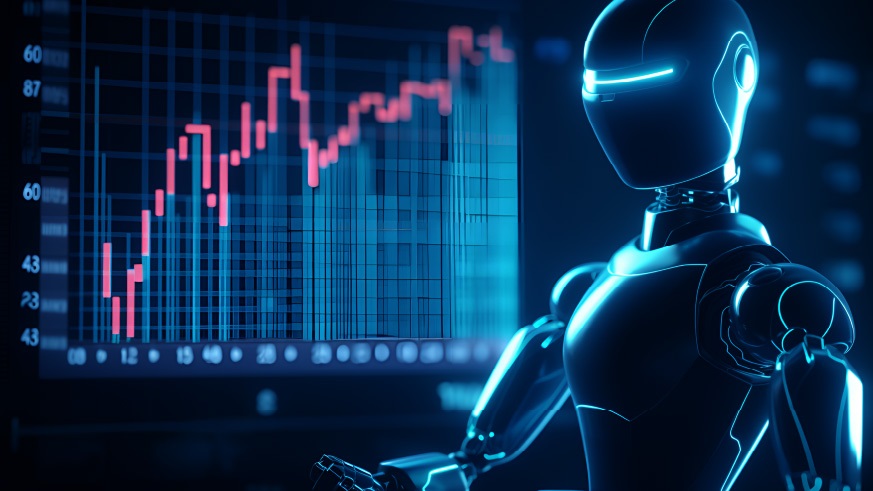The advent of automated trade execution has transformed the way trades are conducted. At the heart of this revolution lies the power of artificial intelligence (AI), a technology to reshape the future of trading.
Evolution of trading
The significance of automated trade execution is that it is essential to examine the history of trading briefly. In the past, traders relied on manual methods, such as phone calls and handwritten orders, to execute trades. This process was time-consuming, prone to errors, and limited in terms of the number of trades that could be executed simultaneously.
The financial industry witnessed a significant shift with the advent of electronic trading systems in the late 20th century. Traders could now execute trades electronically, reducing the time required for each transaction and increasing the volume of trades that could be processed. However, even with electronic trading, humans were still responsible for making trading decisions and executing trades.
Automated trade execution
- Automated trade execution takes electronic trading to the next level by leveraging the power of AI algorithms. These algorithms are designed to analyze vast amounts of market data, identify profitable trading opportunities, and execute trades automatically without human intervention.
- The process begins with developing a trading strategy and rules defining when to buy or sell a particular asset. These rules are based on market trends, price patterns, and economic indicators. Once the strategy is determined, it is translated into a computer program that an AI-powered trading system executes.
- The AI algorithms are used in the automated trade execution process and analyze data at a speed and scale that humans cannot match. They monitor multiple markets simultaneously, identify real-time trading opportunities, and execute trades within milliseconds of detecting a profitable signal.
Benefits of ai in automated trade execution
The use of AI in automated trade execution offers several significant benefits. First and foremost, it eliminates the need for human intervention in the trading process, reducing the risk of errors and emotional biases that lead to suboptimal trading decisions. AI algorithms also adapt to changing market conditions in real time. They learn from past trading data and adjust their strategies accordingly, allowing them to remain profitable even in volatile market conditions. Another key benefit of AI in automated trade execution is the ability to execute trades faster than human traders. This high-frequency trading (HFT) allows traders to take advantage of small price movements and generate profits through many small trades check over here for quantum ai trading.
Future of automated trade execution
Despite the challenges and risks, the future of automated trade execution looks bright. As AI technology advances, we expect to see even more sophisticated trading systems capable of adapting to broader market conditions and generating even higher returns. One area where AI is likely to impact significantly is the development of personalized strategies. By analysing a trader’s risk tolerance, investment goals, and trading history, AI algorithms could generate customized plans tailored to each trader’s unique needs and preferences. Another exciting development is the potential for AI to enable more accessible and democratised automation of the trading process and reduce the need for specialised expertise; AI could open the trading world to a broader range of investors, including those with smaller portfolios.





